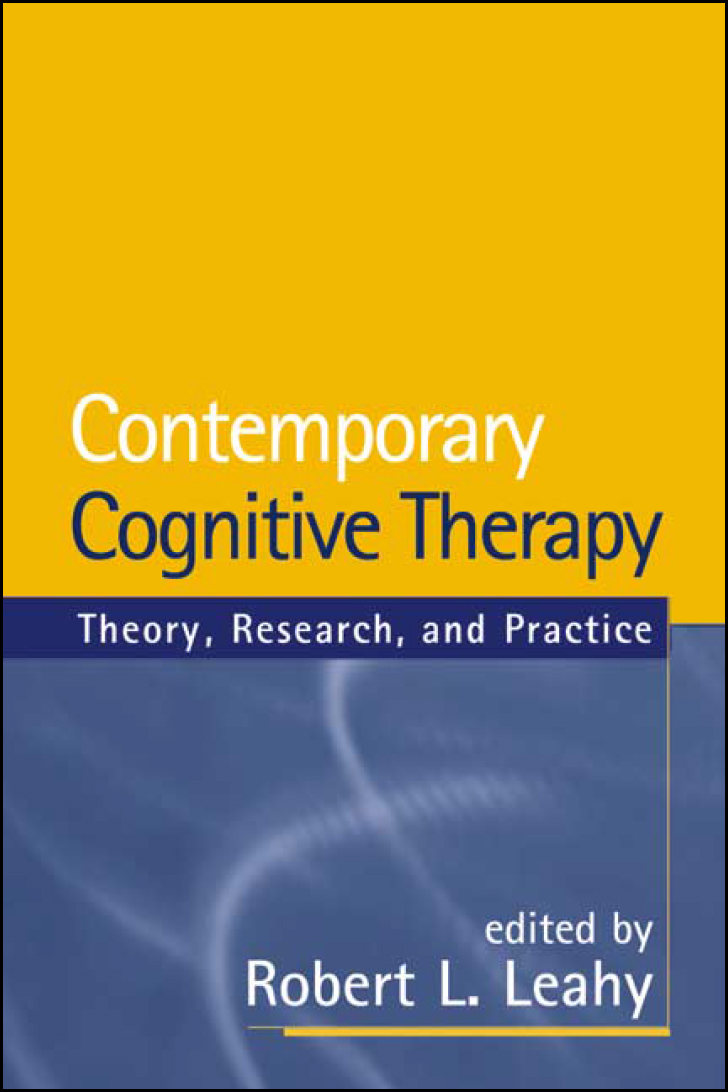
This multi-author textbook attempts to summarise the current state of the art of cognitive therapy. The volume opens with a fascinating historical review of the pioneering work of Aaron T. Beck. This is written by Beck's close friend and colleague Christine Padesky and highlights Beck's contribution to the development of a scientific approach to psychotherapy. Beck's exponential increase in publication numbers and influence from age 50 years onwards is charted with a clear description of his process – learning from his patients, challenging existing theories, generating new models and then testing these using well-designed clinical trials.
In the following chapters specific diagnostic categories and special applications of cognitive therapy are sequentially described by experts in those areas. Every chapter is strongest on cognitive theory and models, with those for obsessive–compulsive disorder, post-traumatic stress disorder, schizophrenia and personality disorder appealing most to this reviewer. The theoretical underpinnings of cognitive therapy are therefore very well described in this book and this is perhaps its greatest strength.
The research on components of the models and on efficacy is clearly described and where research is lacking this is openly stated. Unfortunately, except in the fields of the anxiety disorders, depression and schizophrenia, the trials undertaken are inadequate to test these very appealing cognitive models. The chapters are often short on critical appraisal of those trials that have been done. In particular, control psychotherapies such as befriending, supportive counselling and social skills training also have very substantial treatment effects in certain trials which are not well explained by current cognitive models. Effectiveness trials are almost non-existent in the cognitive therapy literature so it is unclear as to how or whether cognitive therapy can be delivered in day-to-day clinical practice. This is not adequately acknowledged in the text.
Jesse Wright in his chapter does well to explore the interface between cognitive and biological models in the area of concordance with medication. Although it is encouraging to read a chapter addressing the area of systemic theory and cognition it seems that there is a blind spot on the interface with psychodynamic models. This book is predominantly an excellent exposition of cognitive theory and models but it also highlights the lack of an evidence base for many diagnostic groups. In an era of patient choice, many patients may well choose this treatment modality providing they can be convinced of effectiveness.
This is a stimulating and readable text. It will be widely read by mental health professionals in training, those on cognitive therapy courses and as a refresher text for cognitive therapy practitioners. The book will also stand as an accolade to the vision and perseverence of Aaron T. Beck in devising, testing and promoting this form of psychotherapy.



eLetters
No eLetters have been published for this article.